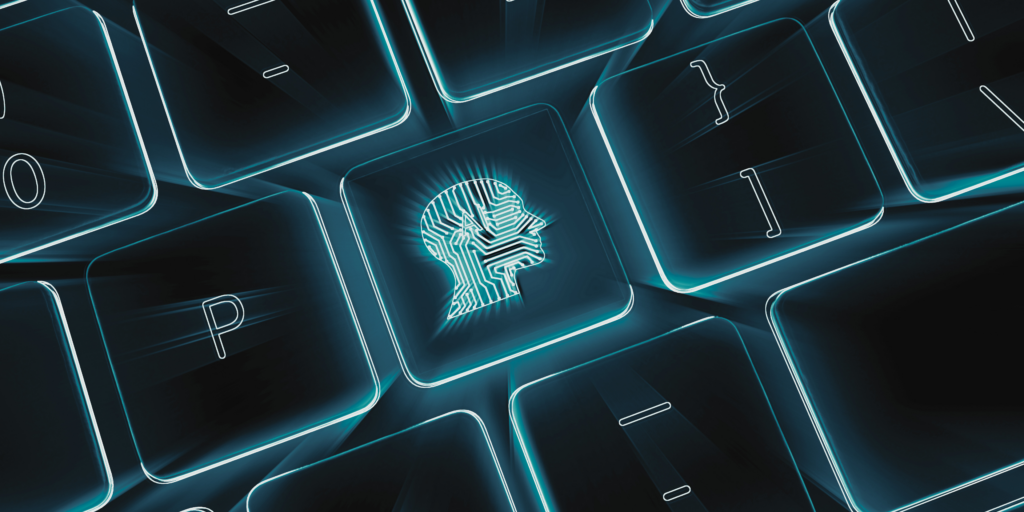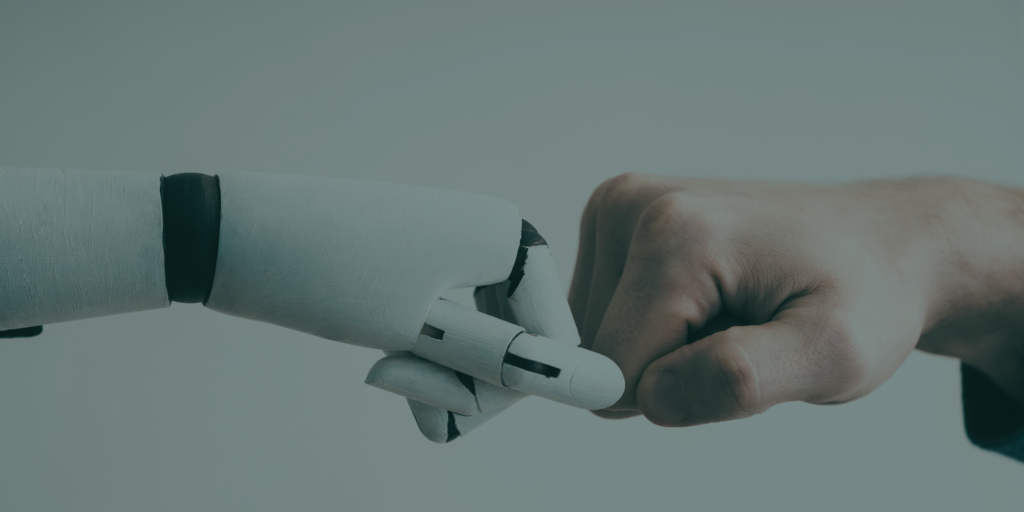Medical translation: Is AI replacing human translators?
Artificial Intelligence (AI) has recently shaken various industries. The field of translation is no exception. As AI translation tools become more sophisticated, questions arise about their ability to replace human translators, especially in critical areas like medical translation. We will explore whether AI can truly replace human translators in the medical field, weighing the benefits and limitations of AI translation.
The rise of AI in translation
AI has revolutionized the translation industry by introducing advanced natural language processing (NLP) algorithms. New tools offer quick and cost-effective solutions for basic translation needs. These AI-powered platforms provide significant advantages, such as processing large volumes of text in multiple languages quickly and consistently. However, the application of AI in specialized fields like medical translation presents unique challenges that require a closer examination.
Unique challenges in medical translation
Medical translation involves the interpretation of complex and specialized terminology. It requires a deep understanding of medical concepts, cultural nuances, and contextual accuracy. Additionally, medical translation requires understanding the target audience to correctly adapt the content to it, ensuring the information is accessible and comprehensible to those it is intended for. Errors in medical translation can lead to severe consequences, including misdiagnosis and inappropriate treatment. Therefore, ensuring precision and reliability in medical documents is crucial, a task that demands more than just linguistic proficiency.
Advantages of AI in medical translation
AI translation tools offer several benefits in the medical field:
– Increased speed and efficiency: AI can process and translate large volumes of text quickly, which is crucial in fast-paced medical environments.
– Consistency: AI ensures uniformity in terminology usage, reducing discrepancies across documents. This is particularly helpful for large projects that have to be shared among different experts for review.
– Cost savings: Automating parts of the translation process can significantly reduce costs for healthcare organizations.
– Continuous improvement: Machine learning algorithms allow AI tools to learn and improve over time, enhancing their accuracy and reliability.
Current limitations of AI in medical translation
Despite its advantages, AI has notable limitations in medical translation:
– Context and nuance: AI struggles with understanding context and cultural nuances, which are critical in medical documents.
– Idiomatic expressions and jargon: Medical language is full of specialized jargon and idiomatic expressions that AI often misinterprets.
– Risk of mistranslation: Errors in AI translation can pose significant risks, necessitating human oversight to ensure accuracy.
– Lack of accountability: Unlike human translators, AI cannot be held accountable for mistakes, making human review indispensable.
The role of human translators and LSPs

Human translators bring essential expertise to the table, especially in the medical field:
– Expertise and understanding: Human translators have a deep knowledge of medical terminology and context, ensuring accurate translations.
– Cultural adaptation: They can interpret and convey subtle cultural nuances that AI might miss.
– Target audience adaptation: They can adapt correctly the content for the target audience, such as patients or doctors.
– Collaboration with AI: By working alongside AI tools, human translators can enhance productivity and maintain high-quality standards.
Language Service Providers (LSPs) play a crucial role in understanding the client’s needs, specific requirements, tone of voice, and the use of specific technologies. They also adhere to many other important requirements during a project to ensure its success. In addition to this, they are the ones selecting and vetting the most appropriate translators for each project (one excellent medical translator for IFUs won’t be the best choice for the translation of a medical record).
The necessity of selecting the right AI tools
Selecting the right AI tools for each translation project is crucial because their performance varies significantly from one project to another. As a specialized medical translation agency, our role extends beyond mere translation—we meticulously identify and select the best AI tools tailored to the specific needs of each project. This involves understanding the strengths and weaknesses of various AI systems and integrating them into our workflow to achieve optimal results.
Different translation projects require different AI tools. For instance, translating a medical device manual might demand a different AI solution compared to translating patient information leaflets. Our expertise lies in evaluating the specific requirements of each project, conducting feasibility tests, and implementing the most suitable AI tool to complement human expertise. This approach ensures that the translations not only meet but exceed quality standards.
Future of medical translation
The future of medical translation likely involves an increasingly significant role for AI, but not at the expense of human expertise. AI-human hybrid models will continue to evolve, offering faster and more cost-effective solutions while maintaining accuracy. Continuous research and development in AI technology will enhance its capabilities, but human oversight will remain crucial to ensure patient safety and regulatory compliance.
Conclusion
While AI offers substantial benefits in terms of speed, efficiency, and cost, it is not yet capable of replacing human translators in the medical field. For companies wishing to keep their services 100% human, the race for AI has become so fierce, that this might be a risky bet. We believe that the complexity and critical nature of medical translation require a hybrid approach that combines AI and human expertise. By combining the strengths of both, we can achieve optimal outcomes that ensure accuracy, reliability, and patient safety.



